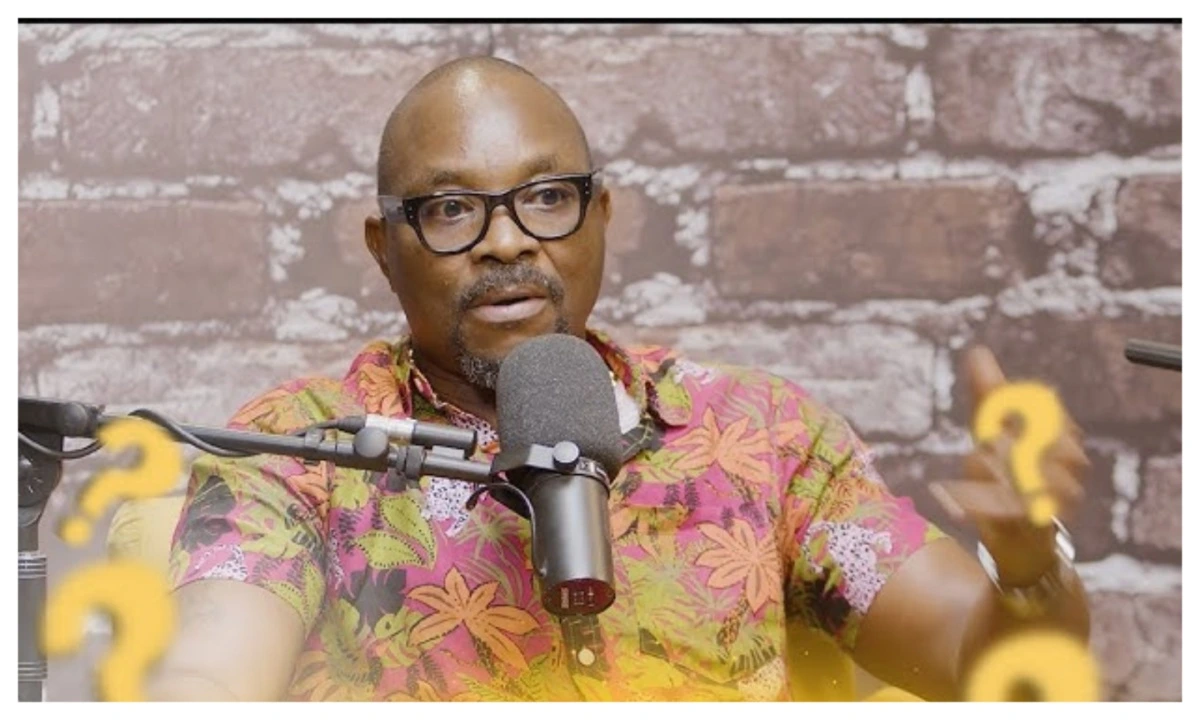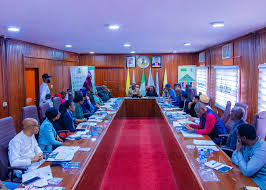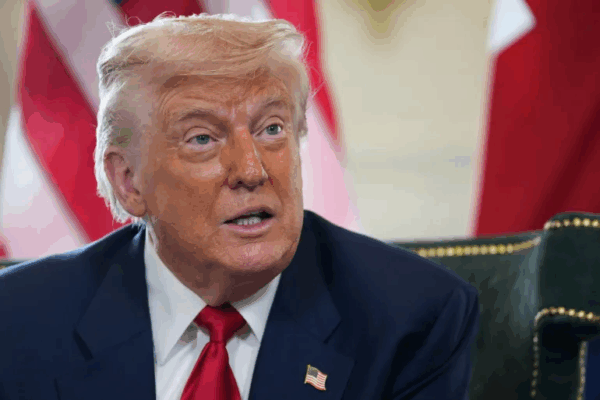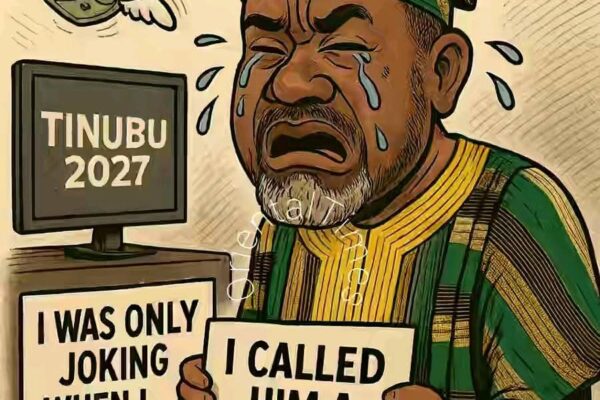
Nigerian Senate Approves Additional $21 Billion in External Loans, Pushing Public Debt Toward N200 Trillion
The Nigerian Senate has approved an additional external borrowing package of $21 billion, €2.2 billion, and ¥15 billion for the 2025–2026 fiscal cycle, further raising concerns over the nation’s rising debt profile. In addition, a domestic bond issuance of N750.98 billion and a €65 million grant were also approved. This latest approval could push Nigeria’s total public debt to approximately N187 trillion, up from N149.39 trillion as recorded in the first quarter of 2025. With this trend, experts warn that the country’s total debt may exceed N200 trillion by the end of the year. Before the recent GDP rebasing, Nigeria’s gross domestic product was estimated at N269.2 trillion (approximately $180 billion), meaning the approved loans represent nearly 70% of the country’s GDP. Even with the rebased GDP of N372.8 trillion ($243.7 billion), Nigeria’s debt-to-GDP ratio would still stand at 50.16%—the highest in the nation’s history. Despite the significant increase in borrowing—N27.72 trillion year-on-year and N4.72 trillion quarter-on-quarter—critics argue that these debts have yet to yield tangible improvements in key sectors such as education, healthcare, power, and national security. Nigeria continues to rank low on major human development indicators. Education remains underfunded, healthcare is largely inaccessible to the poor, and insecurity persists. Between May 29, 2023, and May 29, 2025, over 10,217 Nigerians were killed and 672 villages sacked, even as security spending rose from N2.98 trillion in 2023 to N4.91 trillion in 2025. Infrastructure development has also lagged, with 135,000km out of the country’s 195,000km road network remaining unpaved, making transportation across many regions nearly impossible. The power sector remains in crisis, supplying less than 5,000 megawatts of electricity to over 200 million citizens. Meanwhile, poverty and hunger are deepening. Over 133 million Nigerians (63%) are now classified as multi-dimensionally poor, and a worsening malnutrition crisis has claimed the lives of 652 children in Northern Nigeria, according to Médecins Sans Frontières (MSF). Katsina State has been identified as one of the worst-hit regions. Despite the country’s abundant natural and human resources, critics say a persistent leadership failure has exacerbated Nigeria’s socio-economic challenges. There are growing calls for greater transparency and accountability in how public funds and loans are utilized. “Borrowing is not inherently bad,” one policy analyst noted, “but it must be tied to productive investments with measurable outcomes. Unfortunately, what we see is reckless borrowing without accountability, mortgaging the future of young and unborn Nigerians.” Analysts are urging the government to adopt a more disciplined economic strategy—cutting the cost of governance, plugging financial leakages, and prioritizing investments in human capital and productivity. “It’s time to end fiscal indiscipline and build a New Nigeria,” the analyst added. “One where leadership is responsible, development is people-centered, and every kobo borrowed delivers measurable impact for sustainable and inclusive growth.”







